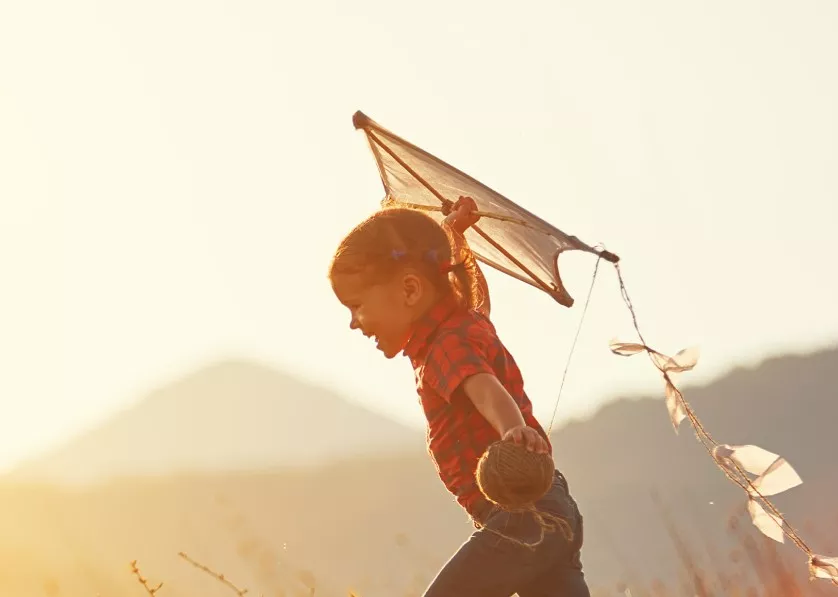
In UNICEF UK’s 2011 report “Children’s well-being in the UK, Sweden and Spain: The Role of Inequality and Materialism”, a 14 year old’s quote summed up the values of our society: “say they have an iPod… …then instantly, they’ll be accepted into whatever social circle there is… ...as long as you have an iPod, a Blackberry, then you’re accepted.” We’ve moved on from iPods and Blackberries, but stuff that costs money remains central in our perceptions as to what makes us fit in, and protects us from ridicule. We want our children to have the “right” clothes, toys, electronic devices, and attend the “right” activities. We allow commercial forces to dominate us, but at what cost to children’s wellbeing and to our planet? Their planet.
Earth’s capacity as humankind’s litter bin has long been exceeded: our waste poisons our air, our water, our soil and ourselves.
All these things we buy – where did the raw materials come from? What fuels were used, what greenhouse gases were emitted and what biodiversity was jeopardised in the process of growing or extracting those materials, transporting them, making them into something else, then packaging and transporting that? How will the waste from all those processes be disposed of - and what happens to those possessions when they’re broken, outgrown, worn out, or superseded by something we’ve been convinced into thinking is more desirable? Earth’s capacity as humankind’s litter bin has long been exceeded: our waste poisons our air, our water, our soil and ourselves.
The price of materialism
In my developmental clinics I see young children whose speech patterns are copied from electronic devices, and 3 year olds who can’t speak but can navigate the Sky menu on the tv remote, or YouTube to watch videos. I love listening to fantastic autistic role models like Chris Packham, who has used his ability to focus on a subject to accumulate information and observe detail in relation to the natural world…… but many of the autistic children I see have focused not on something of potential practical future use to them, but instead on watching the same videos countless times, or accumulating hundreds of useless plastic “collectables” at great expense to their parents.
Unicef’s 2011 report didn’t include the environmental impact of materialism, but in introducing this year’s report card, they have highlighted that “over-consumption in some of the world’s richest countries is destroying children’s environments globally. This threatens both children worldwide and future generations.” To quote Professor Susan Prescott, whilst society engages in “a futile search for happiness in wasteful consumerism”, children suffer an “extinction of experience with progressively more time spent indoors, less contact with biodiversity and natural environments”.
How can paediatricians play a part?
Paediatricians have a great role in supporting families to fight back against the negative impact of our materialistic culture? We can start by recognising the problem, talking about it, and modelling change in our own behaviours – as we have done with smoking, alcohol, in-car safety, healthy eating, etcetera. We can change our own habits and values, and we can help families build their resilience to consumerism by signposting or social prescribing to opportunities more in keeping with the NHS 5 ways to well-being.
We already have fantastic community organisations and free activities on our doorsteps. Whatever our subspecialty, our patients are likely to benefit from connecting with them – and so will we. Local nature reserves, community gardens, adventure playgrounds, wildlife organisations, arts and cultural organisations, inclusive cycling and sports organisations - the list goes on. A social prescription to become (for example) a young planter at the local community garden could change a child’s whole trajectory in life. We should be speaking up about the good such organisations do.
International Buy Nothing Day is a great way to start.
If any paediatrician reading this wants to hear more about how they can contribute, please contact our climate change working group here: CCWG@rcpch.ac.uk









